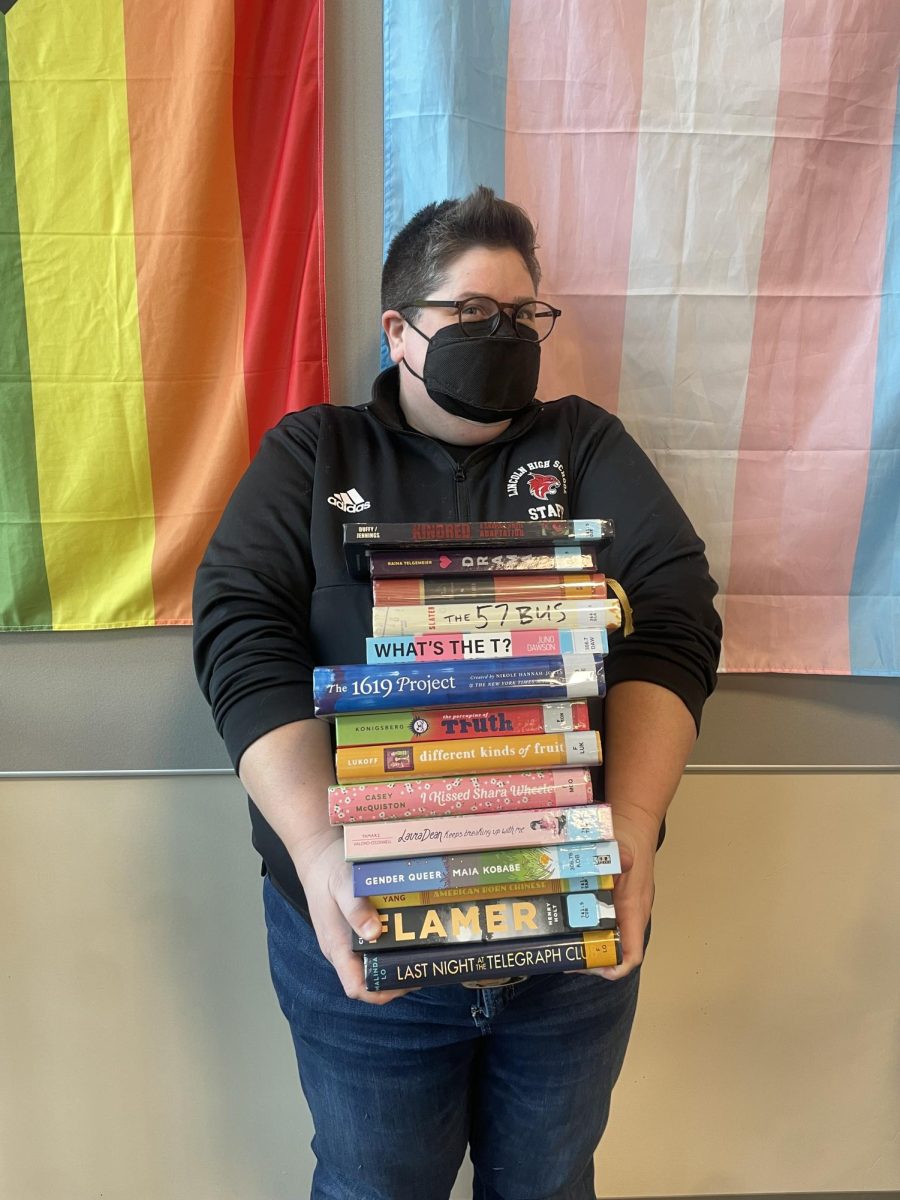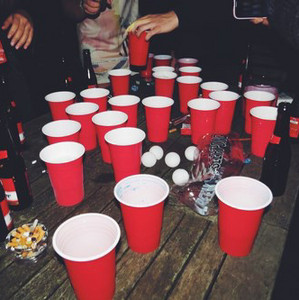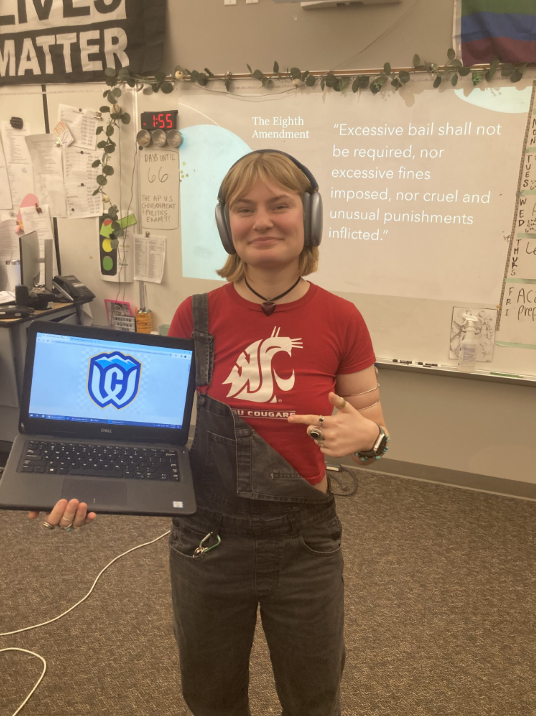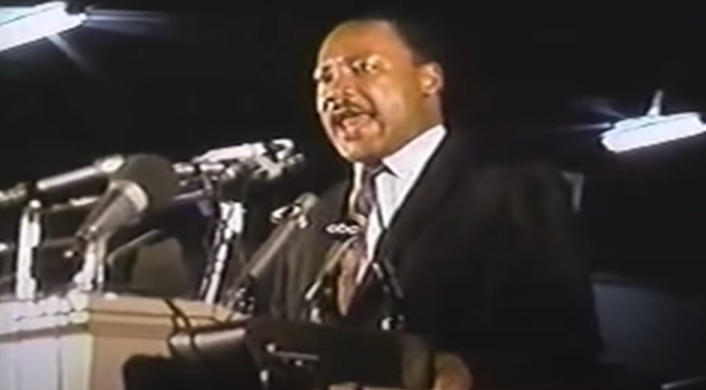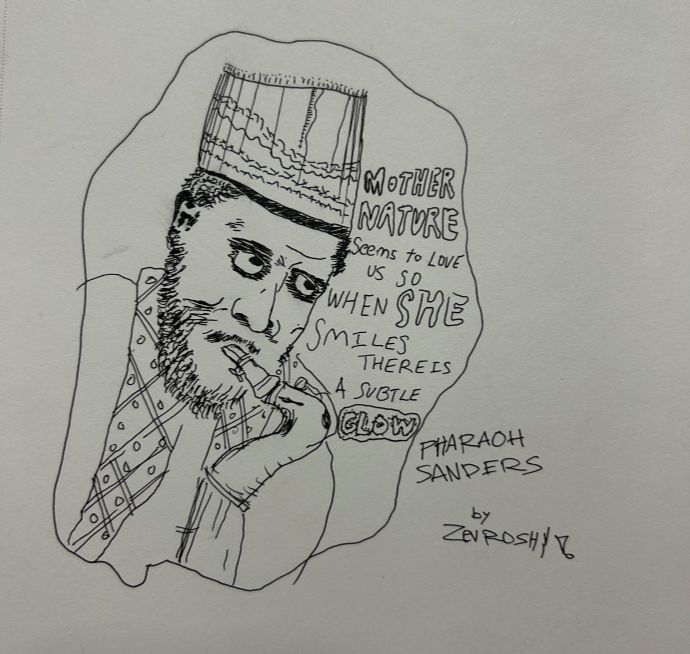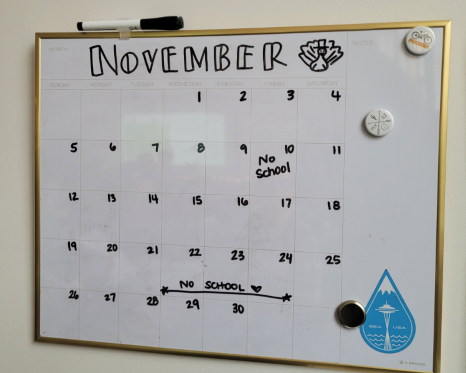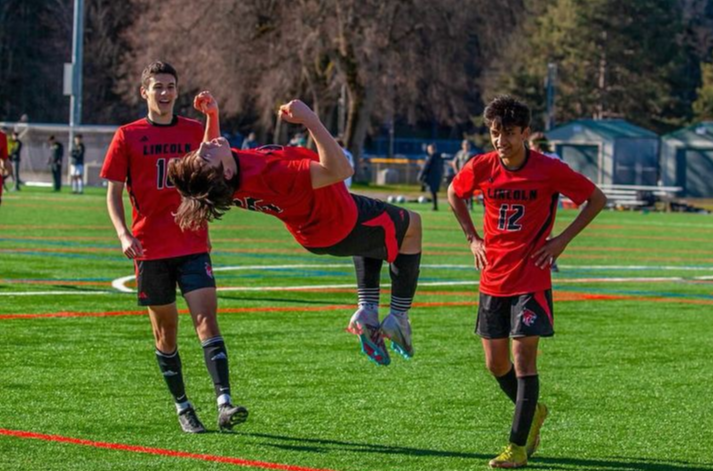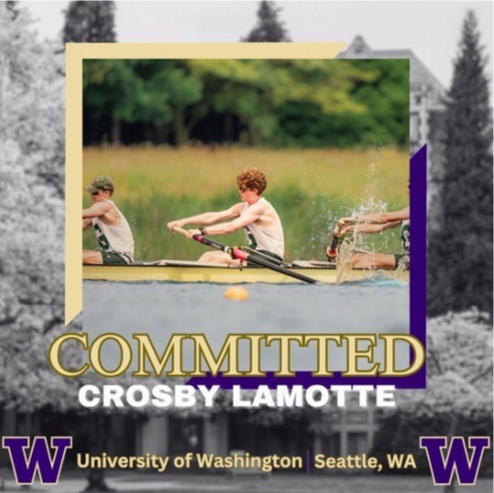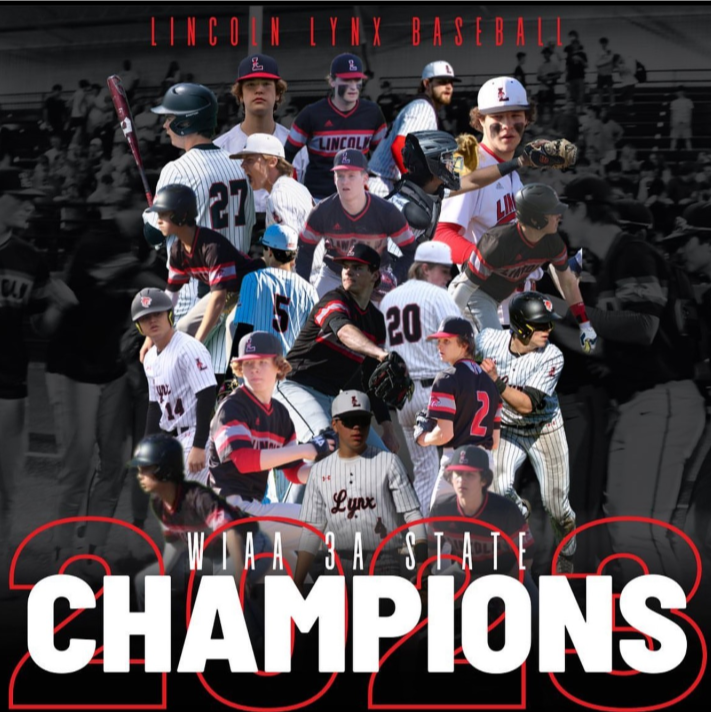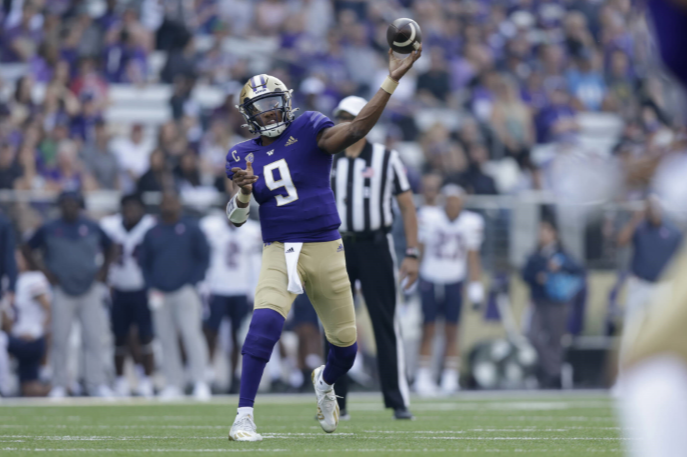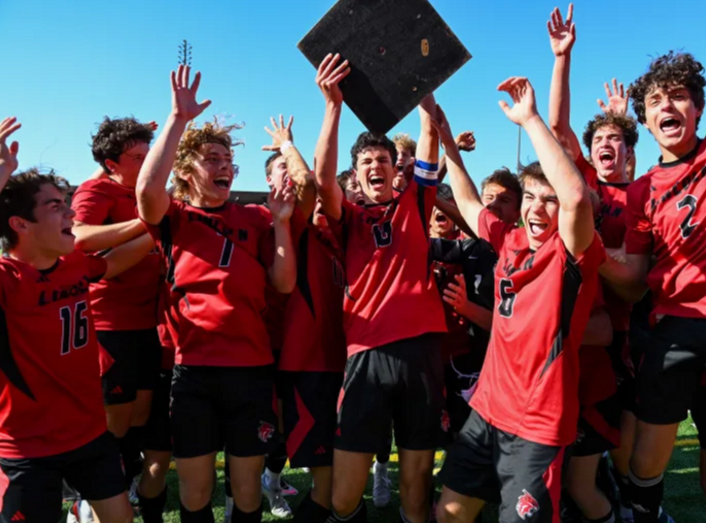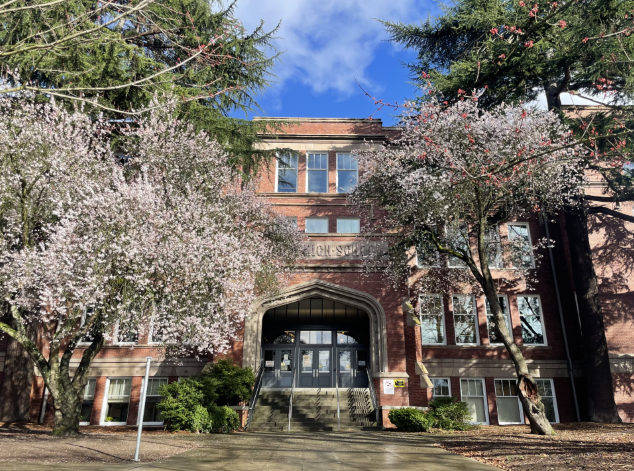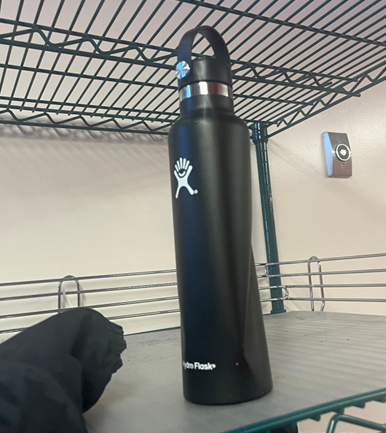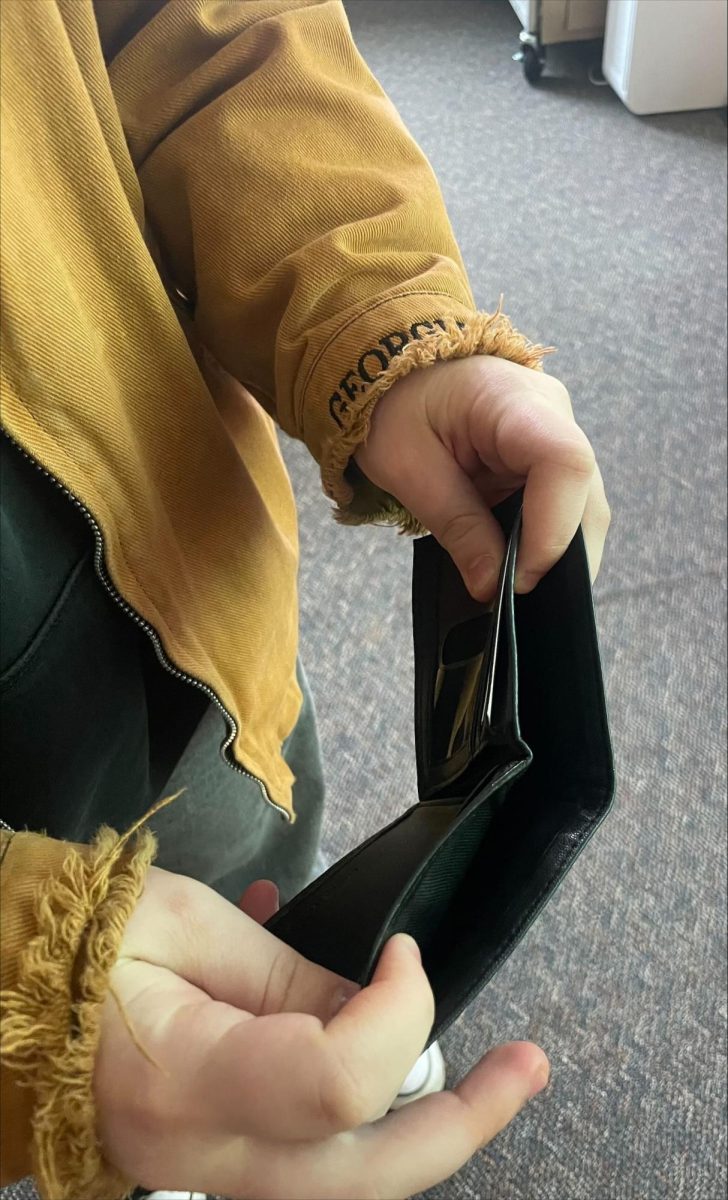Concussions are unfortunately a common occurrence of high school sports, but they are every student athlete’s worst nightmare.
According to the American Academy of Pediatrics, football has the highest percentage of concussions among high school athletics, followed closely by girls’ soccer. A concussion or mild traumatic brain injury (mTBI) is, according to Lincoln High School Athletic Trainer Greg Dorow, “a complex chemical reaction or shift in the brain chemistry resulting from a sudden acceleration or deceleration force.”
Concussions, according to Dorow, are graded on severity from 1 (mild) to 3 (severe). “Student athletes who push through concussion symptoms are shown to have a longer recovery time and risk long term brain damage. There is significant risk to a student athlete who returns to activity too early after a concussion. If another concussion is sustained while the first one is healing, this is known as second impact syndrome which risks permanent damage to the brain or fatal brain swelling.”
Senior Isabella McIver, who sustained a concussion in January 2023 while playing soccer, said it took her nearly three weeks before she was able to return to school, and six weeks before she was able to fully function in an academic setting.
“The biggest challenge [when returning] was the noise and light because it was constant. I would also get significantly more tired as the day went on. Having to do any reading or computer work was also a challenge.”
According to Dorow, “Concussion symptoms that would affect the student’s ability to learn include difficulty with memory retention, delayed recall, concentration issues, and a slower processing speed.”
For the most part, staff are understanding. Science teacher Rebecca Michener said teachers often work with students to make accommodations. “We turn down the lights. Sometimes they ask to go in the back room or a quiet place. Sometimes they just need a break from looking at screens. Sometimes they need extensions on deadlines and shortened assignments.”
McIver said two of her teachers allowed her to skip certain assignments, and she was given extra time on others. “It was so helpful because I physically couldn’t do more.” She said another teacher offered to let her take the final at the end of the year, as opposed to the end of the semester.
For students, accommodations are a necessity for getting through the school day. But for teachers, they can be an added challenge. Michener said, “I’ve got 32 kids and if a different student wants different accommodations, it’s just a lot to keep track of.
“Of course you want to make all those accommodations, [but] then this is hard to keep track of who is turning what in when.[…] I have 160 students and [if] I didn’t read yours with the big stack and it just slips my mind.”
Aside from the physical challenges of being in school with a brain injury, getting caught up after an extended absence from injury can be a major struggle for student athletes.
McIver, who is still feeling the effects of the concussion 11 months after the initial injury, said, “It’s impossible to do any work with a concussion, and having to make up work on top of current work just isn’t possible.”
But for Dorow, making sure student athletes are safe is one of the most important parts of returning from a concussion. “I think there is a big misconception in high school athletics that folks think ‘if I have a concussion, I’m going to be out for the sports season, fall behind in school, and won’t see my friends or be a part of the team.’ This couldn’t be farther from the truth. The goal with any head injury or possible concussion is early recognition and management.”
Dorow, who oversees all Lincoln athletics, said, “I would encourage all Lincoln student athletes returning to school from a diagnosed concussion to utilize all their resources at school for a quick and safe recovery.”
McIver’s message to student athletes with concussions is, “Don’t push it. I’m worried I pushed it too much too fast and maybe that’s why I still have symptoms almost a year later.”

